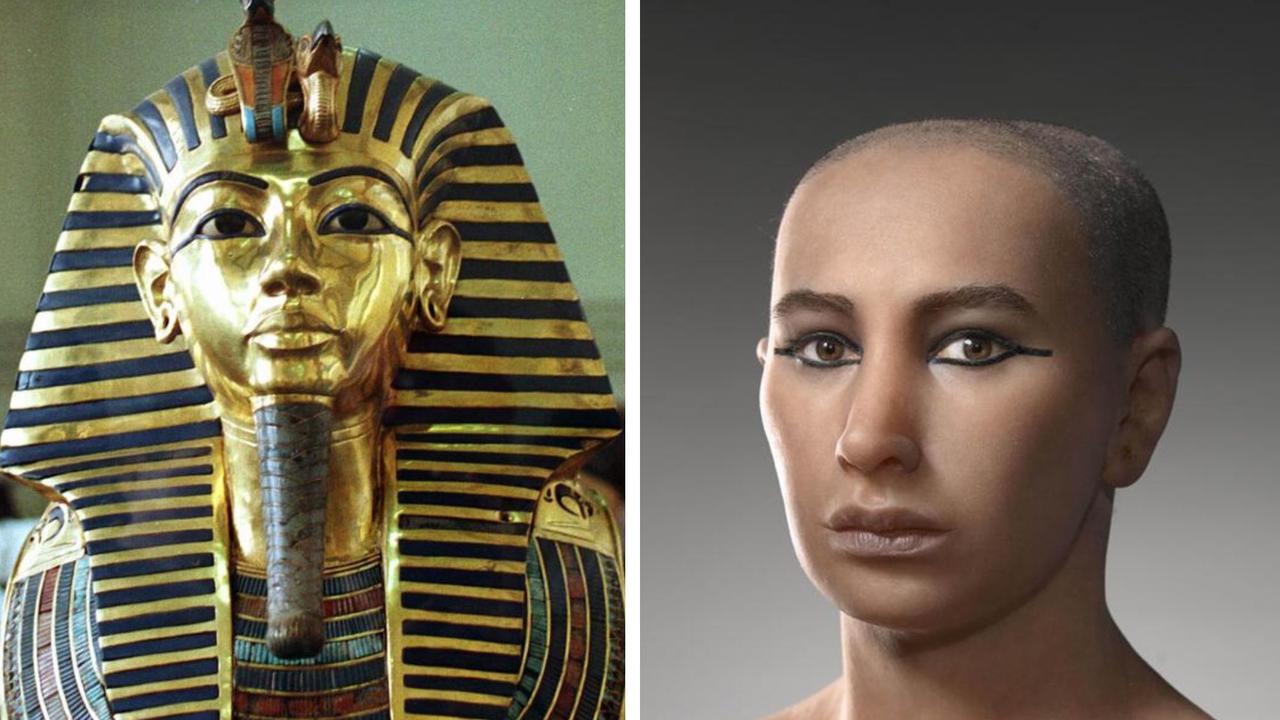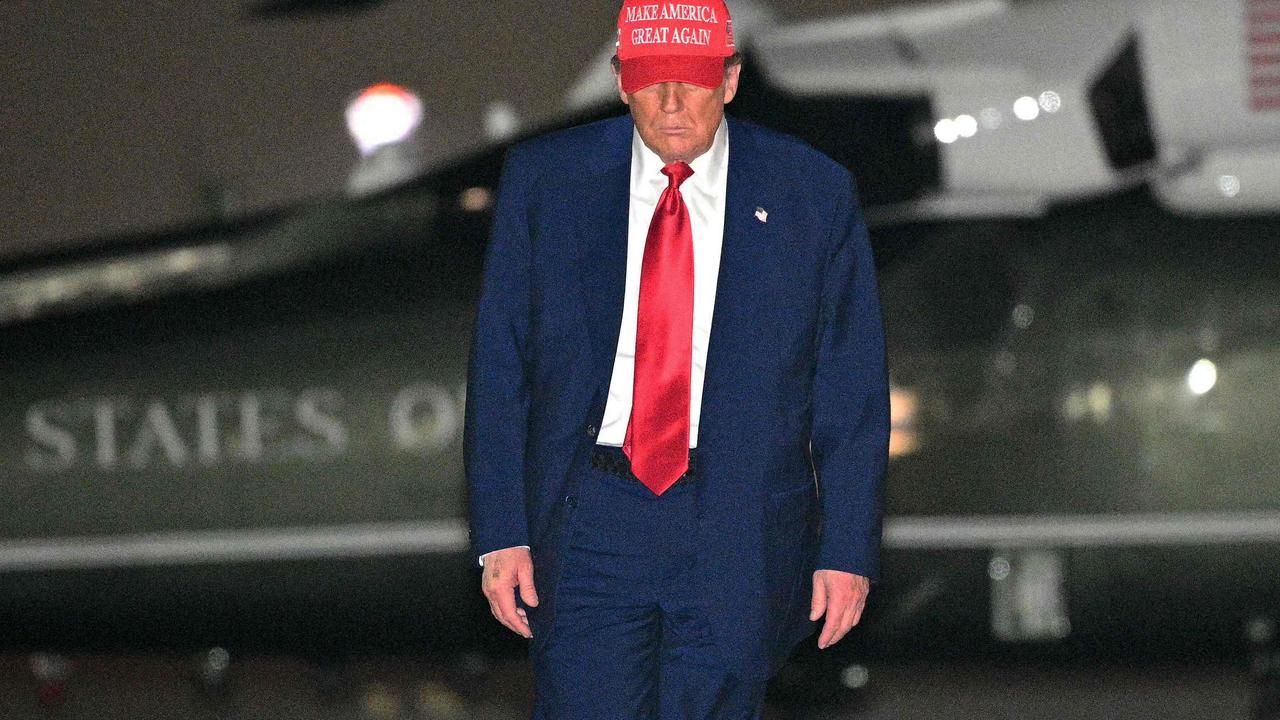‘Germ bomb’: Polio, Cholera among virus kept in ambushed medical lab
A leading medical body has issued a grim word of caution after a military group claimed a medical lab in possession of deadly viruses.
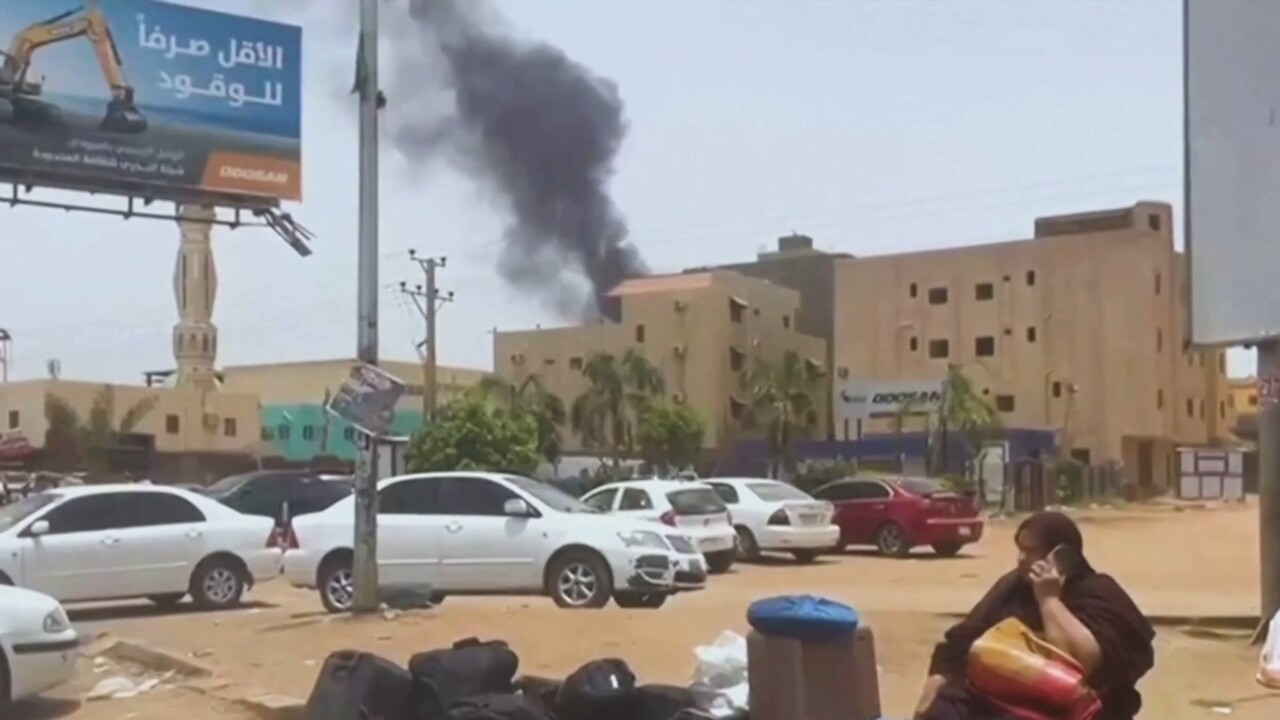
A substantial biological threat is currently lurking on conflict-ravaged Sudan’s doorstep after Sudanese fighters occupied a lab home to a number of life-threatening diseases.
The World Health Organisation (WHO) revealed earlier this week an unidentified group took over the military-managed National Public Health Laboratory in capital Khartoum, as scenes escalate across the country.
Now the governing body holds grave concerns for the wellbeing of Sudanese citizens and those living in regions surrounding the country given the lab is in possession of several “high-risk” disease samples.
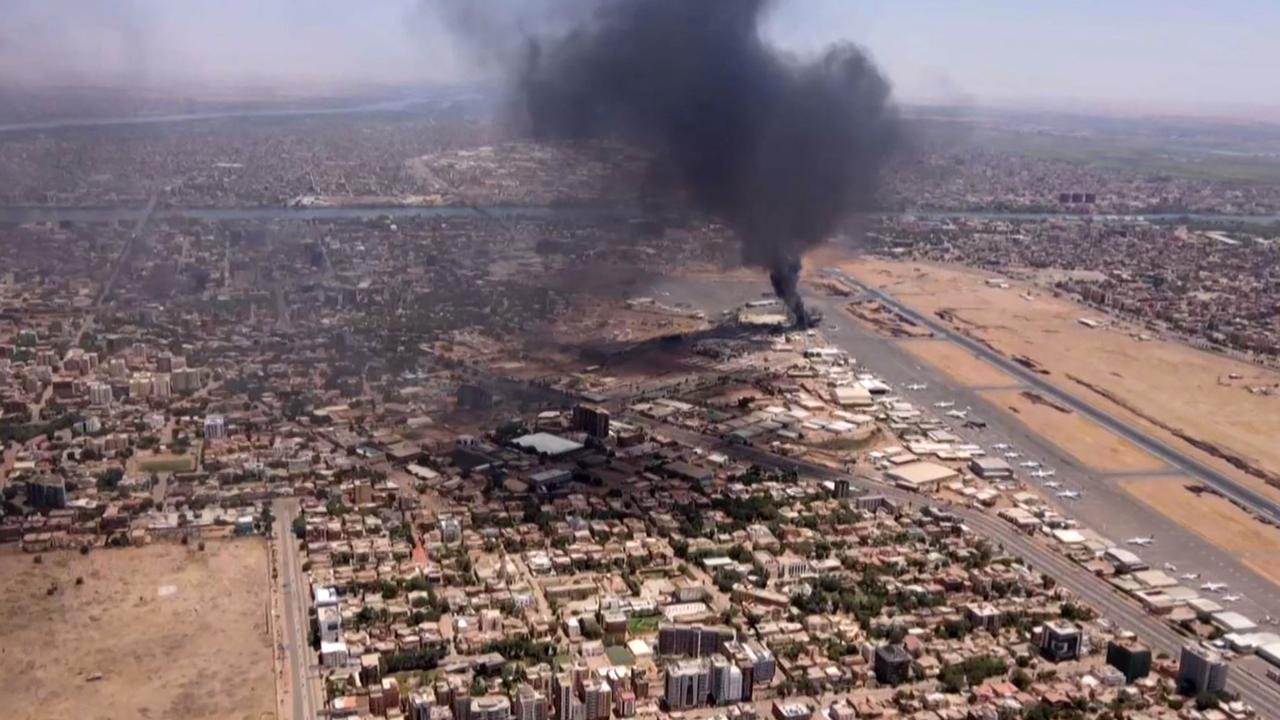
With technicians unable to access the lab to secure the materials, Sudan WHO representative Nima Saeed Abid said the country faces an incredibly dangerous situation.
“We have polio isolates in the lab, we have measles isolates in the lab, we have cholera isolates in the lab,” he told reporters in Geneva via video-link.
“There is a huge biological risk associated with the occupation of the central public health lab … by one of the fighting parties.”
A high-ranking medical source told CNN the group responsible for the takeover was paramilitary group Rapid Support Forces (RSF), however the WHO declined to specify who seized the facility.
“The danger lies in the outbreak of any armed confrontation in the laboratory because that will turn the laboratory into a germ bomb,” the source told the website.
It’s understood the lab has also suffered power cuts, making it difficult for anyone to manage the proper storage of biological materials, like blood bags, kept on hand for medical purposes.
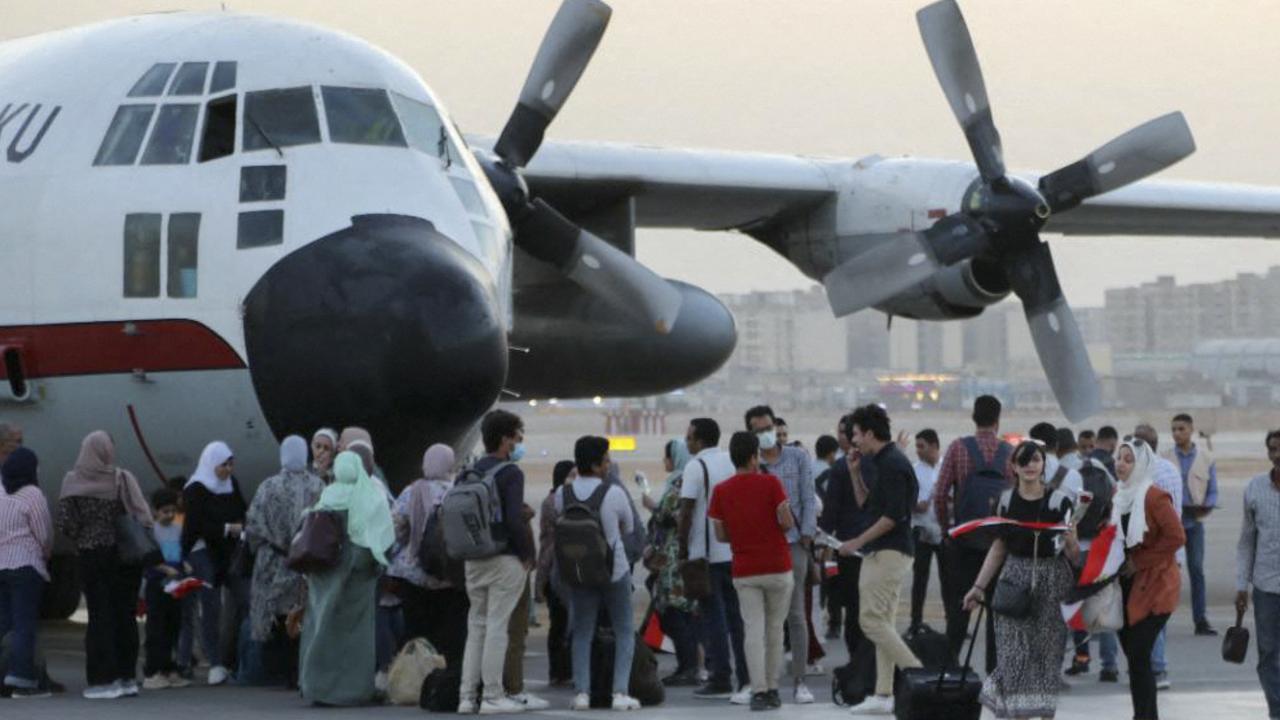
The lab’s takeover comes as heavy clashes between the RFS and Sudanese military enters its 12th day.
According to the WHO, the carnage has resulted in 459 deaths with at least 4,072 people injured.
The reason behind the violent clash is believed to stem back to 2019, when long-serving president Omar al-Bashir was removed from power following calls from the public for his resignation.
Two years later, an uprising by General Abdel Fattah al-Burhan saw the civilian government captured with the country now run by a council of generals.
General al-Burhan leads the armed forces, while another general – Mohamed Hamdan Dagalo – heads the RSF, a competing body of the Sudanese army.
Almost two weeks ago, the two military groups clashed, sparking major evacuations across the country.
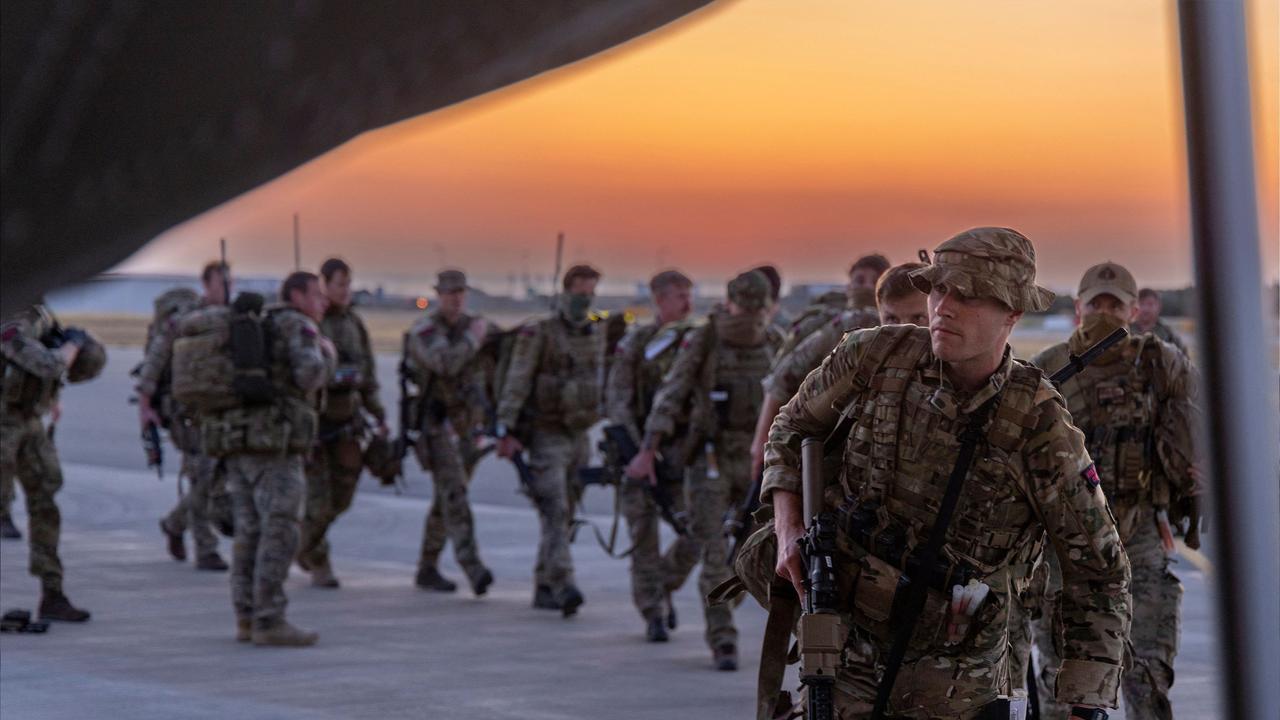
Authorities from several nations took advantage of a 72-hour ceasefire earlier this week to help move out embassy staff and citizens by road, air and sea.
Despite the truce, the deafening sounds of gunfire continued to ring out as Saudi Arabia led the first large-scale evacuation by boat on Saturday.
More Coverage
Defence personnel across the Middle East, Africa, North America, Europe and Asia also moved in to bring citizens to safety over the short period.
The evacuations came as dozens of hospitals across Khartoum were forced to shut their doors due to fighting and a shortage in medical supplies.
“If the violence doesn’t stop, there is danger that the health system will collapse,” the UN agency warned.





